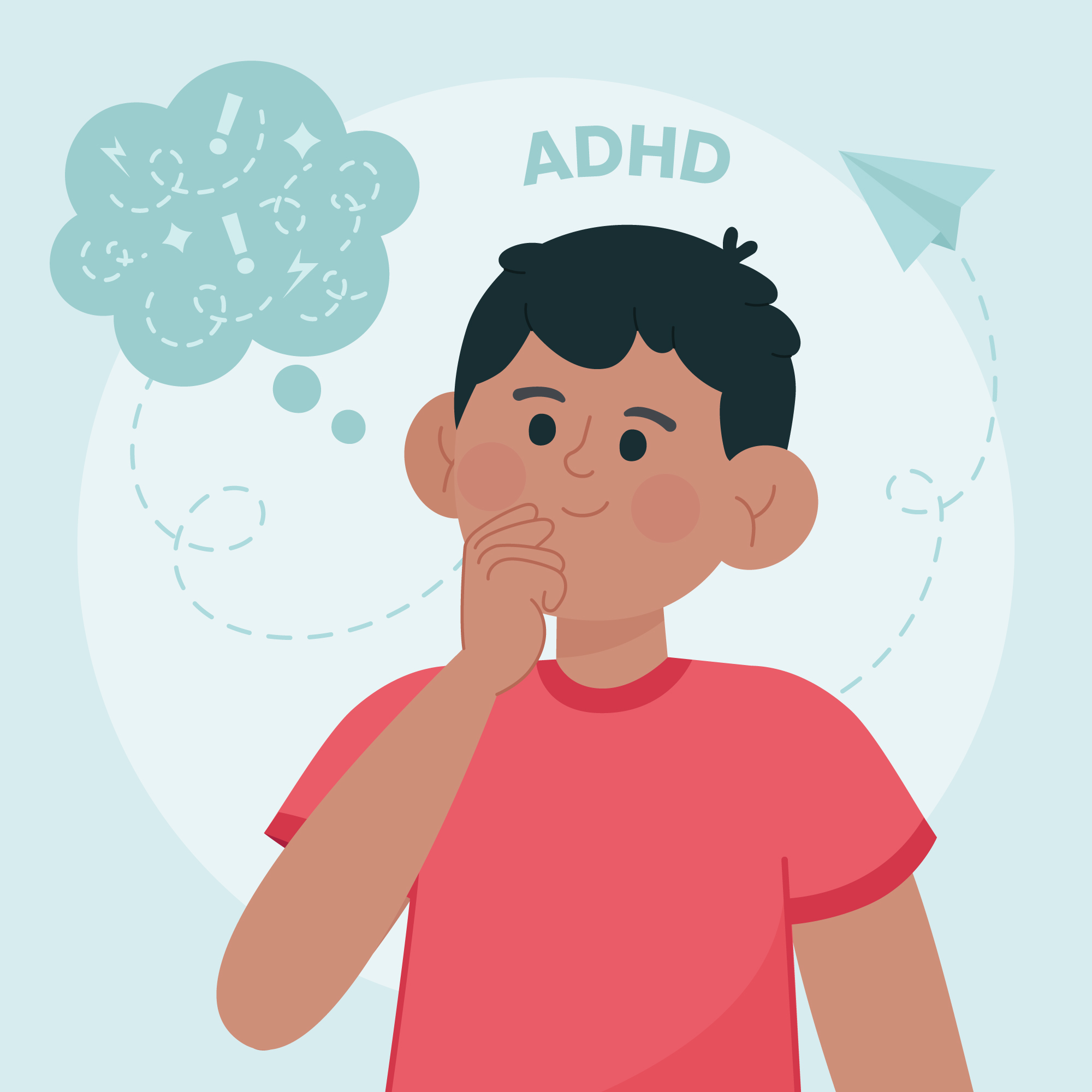
Mental Health and ADHD Treatments for Adults: The Overlooked Connection
The relationship between mental health and ADHD treatments for adults is an intricate and often overlooked connection. In this blog post, we delve into the critical interplay between these two aspects of well-being. By understanding how mental health and ADHD treatments are linked, you can uncover holistic approaches that empower you to lead a more fulfilling life. Join us on this exploration of the interconnected world of mental health and ADHD treatments.
The Link Between ADHD and Mental Health
ADHD and mental health issues often go hand in hand. It’s common for adults with ADHD to experience symptoms of anxiety, depression, or other mood disorders. These mental health conditions can be exacerbated by the challenges of managing ADHD, such as difficulties with focus, impulsivity, and organization.
Understanding the link between ADHD and mental health is crucial for effective treatment. By addressing both conditions simultaneously, you can improve overall well-being and enhance the effectiveness of ADHD treatments. This comprehensive approach takes into account the interconnected nature of these challenges.
The Impact of Medication on Mental Health
Medication is a primary option for ADHD treatment for adults, and it can have a significant impact on mental health. Stimulant medications like methylphenidate and amphetamines can enhance focus and impulse control, potentially reducing anxiety and depression symptoms.
However, it’s essential to work closely with a healthcare provider to monitor and adjust medication to ensure it positively affects both ADHD and mental health. Open communication with your healthcare team is critical in achieving the right balance for your unique needs.
Behavioral Therapy and Mood Regulation
Behavioral therapy, such as Cognitive Behavioral Therapy (CBT), is a valuable tool for adults with ADHD. It not only addresses the management of ADHD symptoms but also provides techniques to regulate moods and emotions.
CBT helps individuals recognize negative thought patterns and behaviors and equips them with strategies to improve emotional regulation. This can be particularly beneficial in managing conditions like anxiety and depression, which often accompany ADHD.
Lifestyle Changes for Mental Health and ADHD
Lifestyle modifications play a significant role in addressing both ADHD and mental health. Regular exercise, a balanced diet, and adequate sleep are essential for improving cognitive function and emotional well-being.
Physical activity, in particular, can release endorphins and reduce stress, positively affecting mood. The structure of routines and time management can help adults with ADHD manage their daily lives while reducing feelings of overwhelm and anxiety.
Self-Care Practices for Emotional Resilience
Self-care practices like mindfulness and meditation are powerful tools for managing mental health. These techniques help individuals reduce stress and anxiety while improving attention and impulse control.
Incorporating mindfulness into your daily routine can create a sense of inner calm and emotional resilience. By practicing self-care regularly, you can enhance both your mental health and the effectiveness of your ADHD treatments.
The Role of Support and Therapy
Support from mental health professionals and support groups is crucial in addressing both ADHD and mental health. Therapy sessions provide a safe space to explore the challenges associated with both conditions and develop strategies to cope with them.
Participating in support groups can reduce feelings of isolation and provide a sense of community with others facing similar struggles. The combined support of therapy and group interactions can be a powerful force in enhancing well-being.
Medication and Mental Health Considerations
When taking medication for ADHD, it’s essential to consider its potential impact on mental health. Some individuals may experience side effects or changes in mood as a result of their medication.
Open communication with your healthcare provider is vital to address any concerns or adjustments needed to maintain a positive mental health outlook. It’s important to find the right balance between ADHD treatment and mental health support.
Holistic Approaches for a Fulfilling Life
Taking a holistic approach to addressing both ADHD and mental health is key to leading a fulfilling life. This includes a combination of medication, therapy, lifestyle changes, and self-care practices.
By recognizing the interconnected nature of these challenges and tailoring your approach accordingly, you can unlock your potential and create a balanced and contented life. This holistic view allows for a more comprehensive understanding of your well-being and provides a framework for achieving emotional and cognitive harmony.
Finding Your Balance
In conclusion, the connection between mental health and ADHD treatments for adults is significant and deserves attention. By acknowledging this link, you can make more informed choices regarding your treatment plan.
Finding the right balance between addressing ADHD and managing your mental health is an ongoing process. It requires consistent communication with healthcare providers and a commitment to self-care practices. By embracing the interconnected world of mental health and ADHD treatments, you can unlock your potential and live a more fulfilling life.



